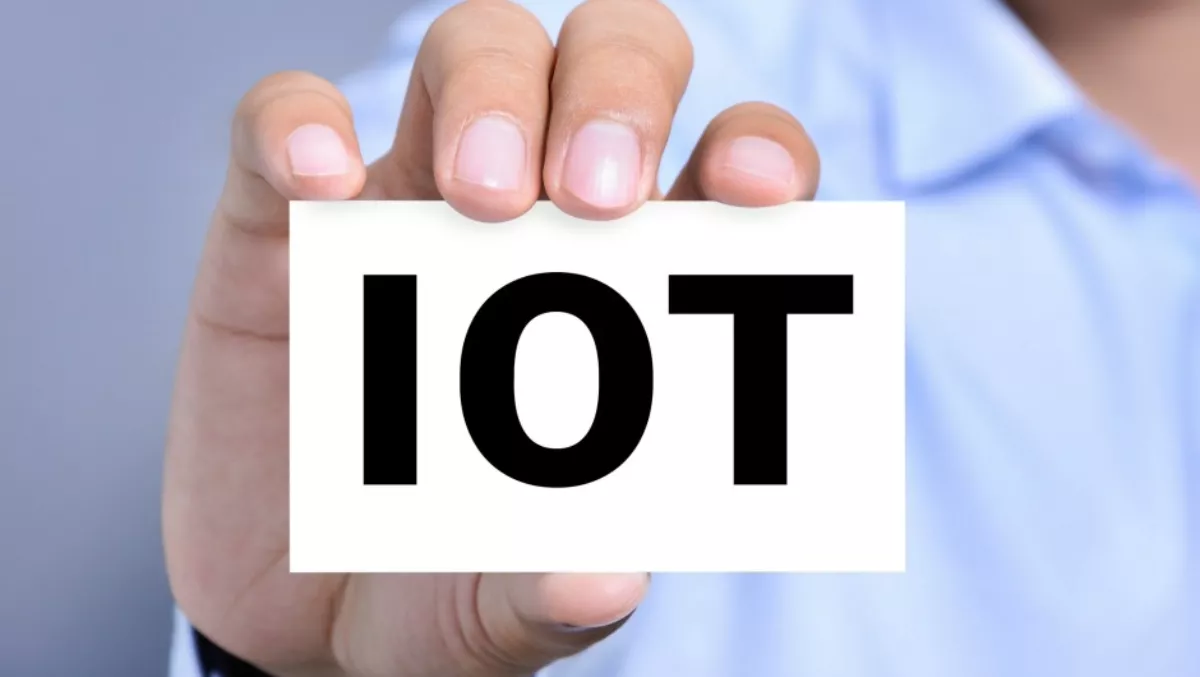After plenty of hype about the internet of things, Gartner says this year that talk bear fruit with IoT moving toward mainstream adoption for many industries.
In fact, a new Gartner survey shows that 43% of organisations are using or plan to implement the IoT in 2016.
The survey, which included 465 responses from 18 business sectors in North America, Asia Pacific, EMEA and Latin America, shows that while only 29% are currently using IoT, an additional 14% plan to implement it in the coming 12 months, and an additional 21% are planning to implement after 2016.
“In other words, the number of organisations adopting IoT will grow 50% in 2016, reaching 43% of organisations overall,” Gartner says.
Chet Geschickter, Gartner research director, says 2016 ‘will be a very big year' for IoT adoption.
“We are starting to see a wide range of IoT use cases across virtually all industries. But, the big challenge now is demonstrating return on investment,” Geschickter says.
“Executives need to validate the contribution that IoT can make in order to justify large-scale rollouts.
For those who have already implemented IoT, Gartner says the primary business case for IoT is internally focused, such as improved efficiencies, cost savings and enhanced asset utilisation (52% of the total), versus external customer-facing benefits such as enhanced customer experience or increasing revenue (40%).
But Jim Tully, Gartner vice president and distinguished analyst, says that's about to change.
“We are poised for a marked shift in focus toward customer facing benefits for planned IoT implementations, positioning IoT as a key competitive marketplace weapon going forward,” Tully says.
"The survey shows a dramatic jump in focus on customer experience, doubling in nominal terms from 18% to 34%.
“This indicates that we can expect a much higher IoT focus on end customers during the next 12 months. In effect, IoT programs and processes will become competitive marketplace weapons starting in 2016."
The survey found that the biggest IoT technology challenges for those that have already implemented IoT are cybersecurity, integration and managing business requirements.
However, Gartner says orchestration of workflows and processes looms as a major concern for those planning to implement IoT.
However, while Gartner says while the majority of organisations plan to eventually implement IoT, 38% say they have no plans implement it, including 9% who say they see no relevance whatsoever in the technologies.
Geschickter says two key stumbling blocks are holding organisations back from actively exploiting IoT.
“The first set of hurdles are business-related,” Geschickter says.
“Many organisations have yet to establish a clear picture of what benefits the IoT can deliver, or have not yet invested the time to develop ideas for how to apply IoT to their business.
Geschickter says the second set of hurdles are the organisations themselves.
“Many of the survey participants have insufficient expertise and staffing for IoT and lack clear leadership."
When it comes to which industries are most keen for IoT, ‘heavy' industries, such as utilities, oil and gas and manufacturing are leading adoption, with Gartner estimating that 56% of businesses in asset intensive heavy industries will have implemented IoT by the end of this year.
Service-oriented ‘light' industries, however, are lagging, with just 36% of them expected to have implemented IoT by the end of 2016.

